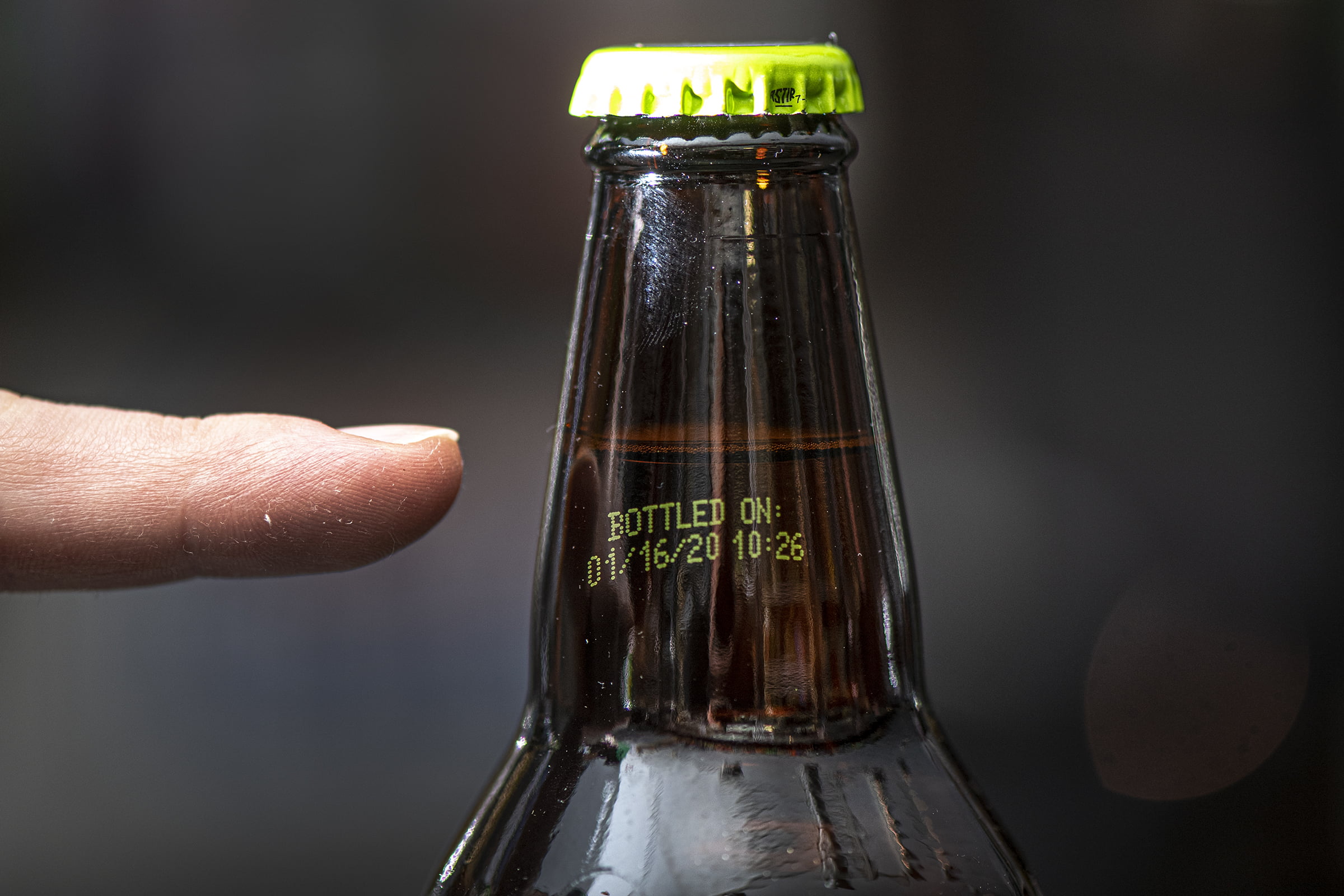Many beer enthusiasts and casual drinkers alike have pondered whether beer really does expire or not. In this comprehensive guide, we will explore various aspects of beer’s shelf life, how to tell if it’s gone bad, and ways to properly store beer to extend its freshness.
The Science Behind Beer Expiration
Beer is not impervious to the effects of time and environmental factors. The primary components of beer – water, malt, hops, and yeast – react chemically over time. Oxidation and the breakdown of hops and malt contribute to changes in flavor, color, and aroma. The rate at which these changes occur can depend on the beer’s style, storage conditions, and packaging method.
Most commercial beers come with a best before date. This date is not an expiration date per se but a recommendation for when the beer will likely be at its peak quality. After this date, the beer may start to lose its freshness and flavor intensity. However, it doesn’t necessarily mean that the beer becomes harmful to consume unless it shows signs of contamination or spoilage.
Microbial contamination is rare but can occur, especially in beers with low alcohol content or high organic content, which can provide a medium for bacteria or mold growth. Therefore, understanding the signs of bad beer is crucial for both enjoyment and health reasons.
Signs of Spoiled Beer
There are several telltale signs that beer has gone bad. These include a noticeable change in the smell, appearance, and taste of the beer. A sour or skunky smell is a clear indicator that the beer has been exposed to light or heat, leading to degradation. If the beer smells like rotten eggs, it could indicate a bacterial infection.
The appearance of beer can also indicate its condition. Any signs of murkiness or sediment in the bottom of a bottle that was previously clear or a change in color might suggest degradation. Also, if you pour the beer and it lacks foam or the foam dissipates quickly, it could suggest that the beer is flat and past its best quality.
Taste is the final judge. If the beer tastes overly bitter, metallic, or significantly different from how it typically tastes, it might be past its prime. While consuming stale or off-flavored beer is not usually harmful, it can provide an unpleasant drinking experience.
How to Properly Store Beer
The way you store beer can significantly impact its longevity and taste. To maximize the shelf life of beer, it should be stored in a cool, dark place. Light, especially sunlight, can cause beer to become light-struck, which results in a skunky flavor due to the breakdown of hop compounds.
Temperature plays a critical role as well. Fluctuations in temperature can accelerate aging and spoilage. Ideally, beer should be stored at a steady temperature, around 45-55 degrees Fahrenheit for ales and slightly cooler for lagers. Avoid storing beer in places where the temperature changes frequently, such as a garage or a car.
Orientation is another factor to consider. Beer, especially if bottled, is best stored upright. This minimizes the contact area between the beer and the air in the bottle, reducing oxidation risk. It also prevents the beer cap from corroding if it’s metal, avoiding contamination of the beer inside.
Does Aging Affect All Beers Equally?
Not all beers age the same way. Some beers, like IPAs, are best enjoyed fresh, where their hoppy flavor and aroma are most vibrant. On the other hand, high-alcohol content beers such as barleywines, stouts, and certain Belgian ales can improve with age under the right conditions.
The aging process can allow flavors to meld and develop complexity, often reducing the initial harshness of alcohol and enriching the flavor profile. However, this is a delicate balance, as prolonged aging can lead to undesirable changes, such as the development of a papery flavor due to oxidation.
Here is a simple table to guide you on how different styles of beer generally handle aging:
| Beer Style | Best Consumed | Potential Aging Benefit |
|---|---|---|
| IPA | Fresh | None |
| Stout | Can be aged | Flavors become richer |
| Barleywine | Can be aged | Complexity increases |
While aging beer can be a fascinating experiment, it is not without its risks. Always monitor aged beers for signs of spoilage.
FAQs About Beer Shelf Life
- How long does beer last after its expiration date?
- Can old beer make you sick?
- What is the best way to dispose of expired beer?
Overall, beer does have a shelf life, and various factors influence how long beer can be enjoyed optimally. By understanding the signs of spoilage and best storage practices, you can ensure your beer retains its quality as long as possible.
